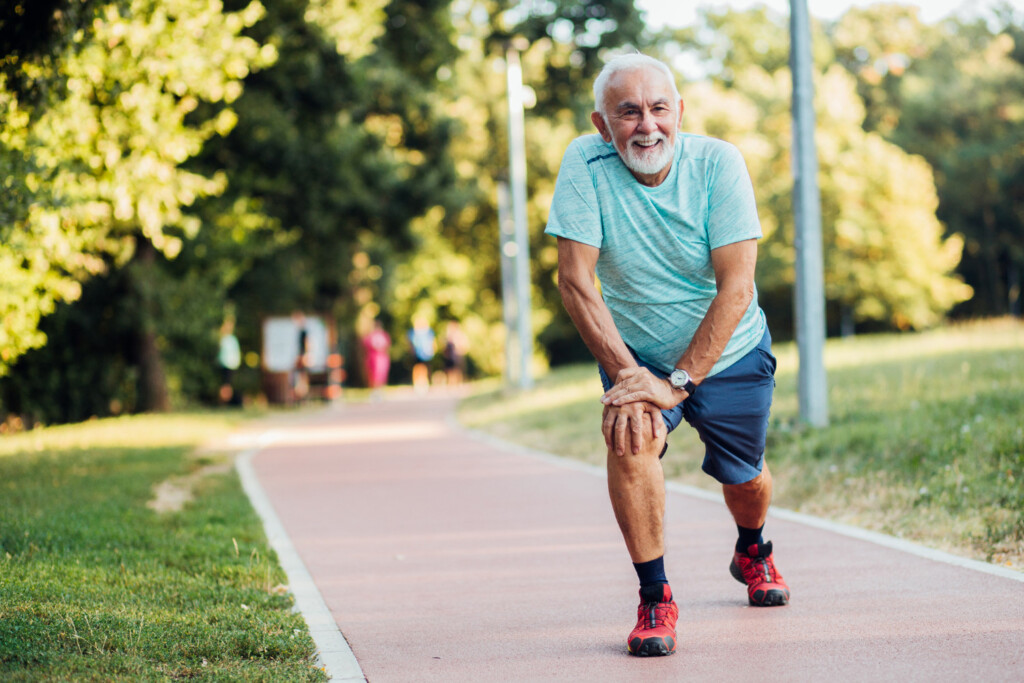Move more and sit less this year!

Did you know that children and adults in America spend approximately 7.7 hours per day (55% of their monitored waking time) being sedentary? Sedentary behavior refers to any waking behavior characterized by a low level of energy expenditure while sitting, reclining or lying. Too much sedentary time has been linked to a number of adverse health conditions such as obesity, type 2 diabetes and hypertension.
It is generally recommended that adults should perform muscle-strengthening activities of moderate or greater intensity to involve all major muscle groups on two or more days a week. These types of movement involve the muscles of the legs, hips, chest, back, abdomen, shoulders and arms. Resistance activities make muscles work more than they are accustomed to during activities of daily life. Muscle-strengthening activities include lifting weights, working with resistance bands, doing calisthenics that use body weight for resistance (such as push-ups, pull-ups and planks), climbing stairs, shoveling snow and carrying heavy loads (such as groceries and gardening).
You’ll notice that there is not a time requirement for these recommended resistance training sessions. Research has shown that short workouts throughout the day are just as effective as an hour-long session at the gym. Not only are these “micro” workouts good for your physical health, but they also give you a mental health boost! Short bursts of exercise can improve your mood, decrease stress and improve your focus, posture and sleep.
So, if you have difficulty fitting in time to get to the gym for a long workout session, try breaking it up into little fragments throughout the day. If you have a sedentary job, take 5-10 minute breaks every few hours and get your blood flowing with simple exercises such as squats, pushups and sit-up variations.
While not always included in discussions around fitness and exercise, balance and flexibility are vital to maintaining functional ability (comfortably executing everyday movements) and decreasing the risk of falls. You can incorporate more balance training anytime or anywhere by:
- Standing on one foot while working in the kitchen, waiting in line or brushing your teeth
- Walk heel-to-toe around the house or office
- Try out a yoga class on YouTube
Flexibility exercises stretch your muscles and can help your body stay limber. These exercises may not improve your endurance or strength, but flexibility gives you more freedom of movement for exercise and everyday activities. Always stretch slowly and smoothly into the desired position until you feel mild tension in the muscles. If you’re not used to stretching, hold the stretch for about 10 seconds. The more often you stretch, the easier it will become.
Here are some tips for making and sticking with healthy lifestyle changes that can be applied to exercise, nutrition, sleep and more!
- Change your environment: Avoid buying food you know is unhealthy. Park farther from the store entrance and have a yoga mat or dumbbells in plain sight at home.
- Effective rewards: Avoid rewards that go against your goals such as rewarding a week of healthy eating with a dozen donuts. Focus on rewards that support your goals.
- Identify and address barriers: Troubleshoot the reasons keeping you from completing your goals. See if there are ways to reduce those barriers and adjust accordingly.
- Recruit a friend: Having someone you know invested in your health can be a big motivator. They can provide accountability by checking up on your progress or can even participate in the changes you are making in your life.
- Setting intentions instead of tasks: Setting intentions is all about helping you clearly understand your “why.” Consider why you want to accomplish a specific health or fitness goal and discover what’s driving you. It is also important to focus on what you want (such as certain results) but also how you want to feel (healthy, happy, motivated).
Island Health offers a variety of classes on health and wellness. If you are struggling with healthy habits, try attending one of our classes to learn strategies that may work for you! Visit islandhealth.org/classes for information.
